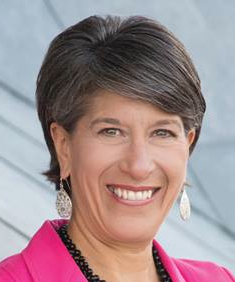Many parents would agree that a great deal of parenting time is spent teaching children right from wrong, the importance of honesty, responsibility, good character and similar lessons. These are many of the essential qualities they will need to be successful in life.
No matter how much effort parents put into teaching their children, there are bound to be times when kids disappoint their parents for one reason or another.
"I can remember the first time my son really disappointed me," says Jim Smith (not his real name). "I was angry at him, and at the same time I was beating myself over the head trying to figure out where I had gone wrong in raising him. For a long time, I felt sorry for him. Instead of trying to help correct what happened, I tried to compensate. Just when I thought things had turned around, he would do something else. It is hard to get past not thinking it is always your fault when your children make poor choices."
This type of response from parents is common. Whether it's bouncing checks, drug use, risky sexual behavior, driving recklessly, unhealthy relationships or lying, it hurts to see your children make mistakes, especially when their choices affect their future.
Often when children, young or old, do disappointing things, the first reaction is to try to fix it. When problems arise, parents often try to control their child's choices and remove the consequences, thinking that their actions are the loving thing to do, but that may not be true. Sometimes the most loving thing a parent can do is let go.
When children are young, parents are typically directing behavior. When children enter the teen years and beyond, a parent's role ideally shifts to coaching their children, along with helping them make their own decisions and accept personal responsibility for their choices.
If you are dealing with disappointment in your older child's behavior, consider these things:
» See your child as separate from you and making his/her own choices.
» Understand that their behavior is not a direct reflection of who you are.
» Stop rescuing. Let them fall and experience the consequences of their choices. Experience is a great teacher.
» Recognize that you can love your child while allowing them to make their own choices, as painful as that may be.
» Make a conscious decision to go on with your life, knowing you have done the best job you knew how to do.
» Take responsibility for those areas where you believe you fell short. Then move on and model healthy actions going forward.
Smith says that he finally realized that he did everything he could to teach his son right from wrong, but his son continues to make poor choices.
"I finally told him that it isn't that you are a bad person; it is the choices you keep making, and you will always have difficulty because of those choices," Smith says. "At some point, I had to stop taking it personally and let go, realizing I could not change him."
Julie Baumgardner is president and CEO of family advocacy nonprofit First Things First. Email her at julieb@firstthings.org.

